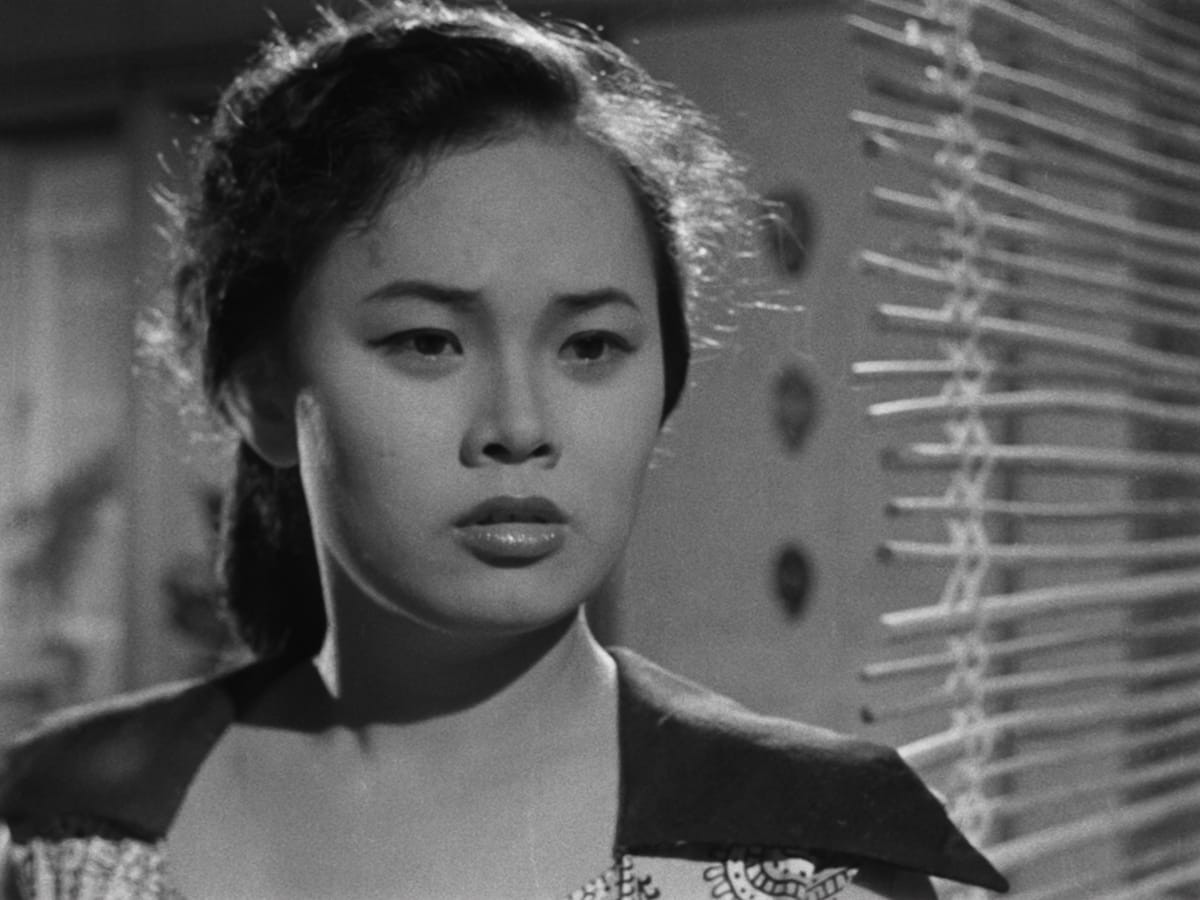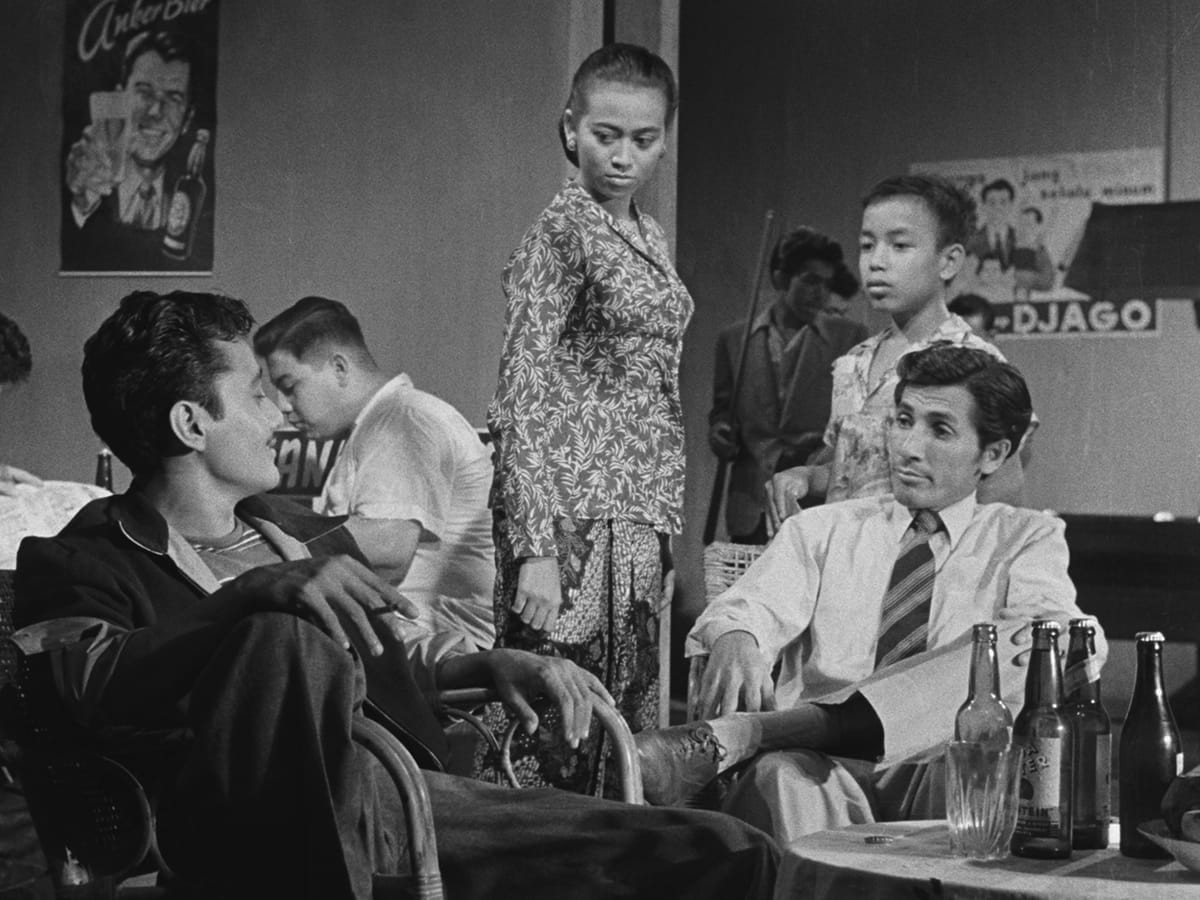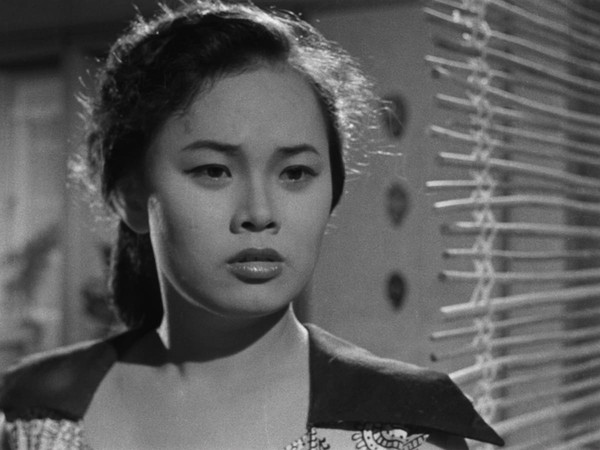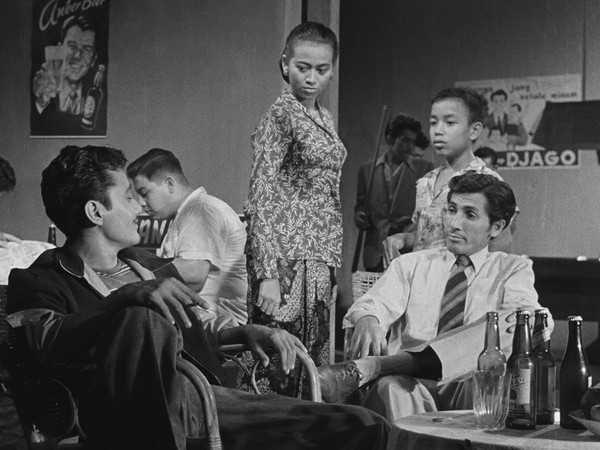After the Curfew

Nach der Befreiung von der niederländischen Kolonialherrschaft kehrt der Revolutionsheld Iskandar ins zivile Leben zurück. Dabei muss er erkennen, dass die Ideale, für die er gekämpft hat, nicht wirklich gelebt werden. «After the Curfew» ist ein leidenschaftliches Werk, das sich direkt mit einem entscheidenden Konfliktmoment in der indonesischen Geschichte befasst: den Nachwirkungen der vierjährigen republikanischen Revolution, die der niederländischen Herrschaft ein Ende setzte. Es ist ein visuell und dramatisch eindringlicher Film über Wut und Desillusionierung und über den Traum von einer neuen Gesellschaft. Regisseur Usmar Ismail wird allgemein als der Vater des indonesischen Kinos angesehen. Er begann seine Karriere als Dramatiker und Gründer von Maya, einem Drama-Kollektiv, das in den Jahren der japanischen Besatzung entstand. Und es war während dieser Zeit, als Ismail ein Interesse am Filmemachen entwickelte. After the Curfew ist Ismails grösster kritischer und kommerzieller Erfolg und gilt als Klassiker des indonesischen Kinos.
Festivals & Auszeichnungen
Honored at the Citra Film Awards in Indonesia in 1955
Restored in 2012 by the National Museum of Singapore and the World Cinema Foundation in association with Konfiden Foundation, Kineforum of the Jakarta Arts Council and family of Usmar Ismail Estate. Restoration work was carried out at Cineteca di Bologna/L’Immagine Ritrovata laboratory. Restoration funding provided by Doha Film Institute.





Credits
Möchten Sie diesen Film zeigen?
Bitte füllen Sie unser Formular aus.
Kontaktieren Sie uns
Pressestimmen
«Scripted by the poet Asrul Sani and directed by Usmar Ismail this little known classic is widely regarded in the archipelago as one of the most important in the history of Indonesian cinema. Fueled by political anger and disillusionment, this passionate, visually potent work looks directly at a crucial moment of conflict in Indonesian history: the aftermath of the four-year revolution which brought an end to Dutch rule. Usmar Ismail enjoyed his greatest success with this heartbreaking tale of a revolutionary hero’s return to civilian life, and his confrontation of a new society cheapened by government repression and bourgeois complacency.» The Wellington Film Society
«Le réalisateur Usmar Ismail est généralement considéré comme le père du cinéma indonésien, et l'ensemble de son œuvre est directement lié à l'évolution de la société indonésienne. Il a commencé comme dramaturge et fondateur de Maya, un collectif théâtral créé pendant l'occupation japonaise. C'est à cette époque qu'Ismail s'est intéressé au cinéma. Il a commencé à réaliser des films pour Andjar Asmara à la fin des années 1940, puis a fondé Perfini (Perusahaan Film Nasional Indonesian) en 1950, qu'il considérait comme ses véritables débuts en tant que cinéaste. Coproduit par Perfini et la société Persari de Djamaluddin Malik, After the Curfew est sans doute son plus grand succès critique et public.» Cinema Ritrovato Bologna 2012



